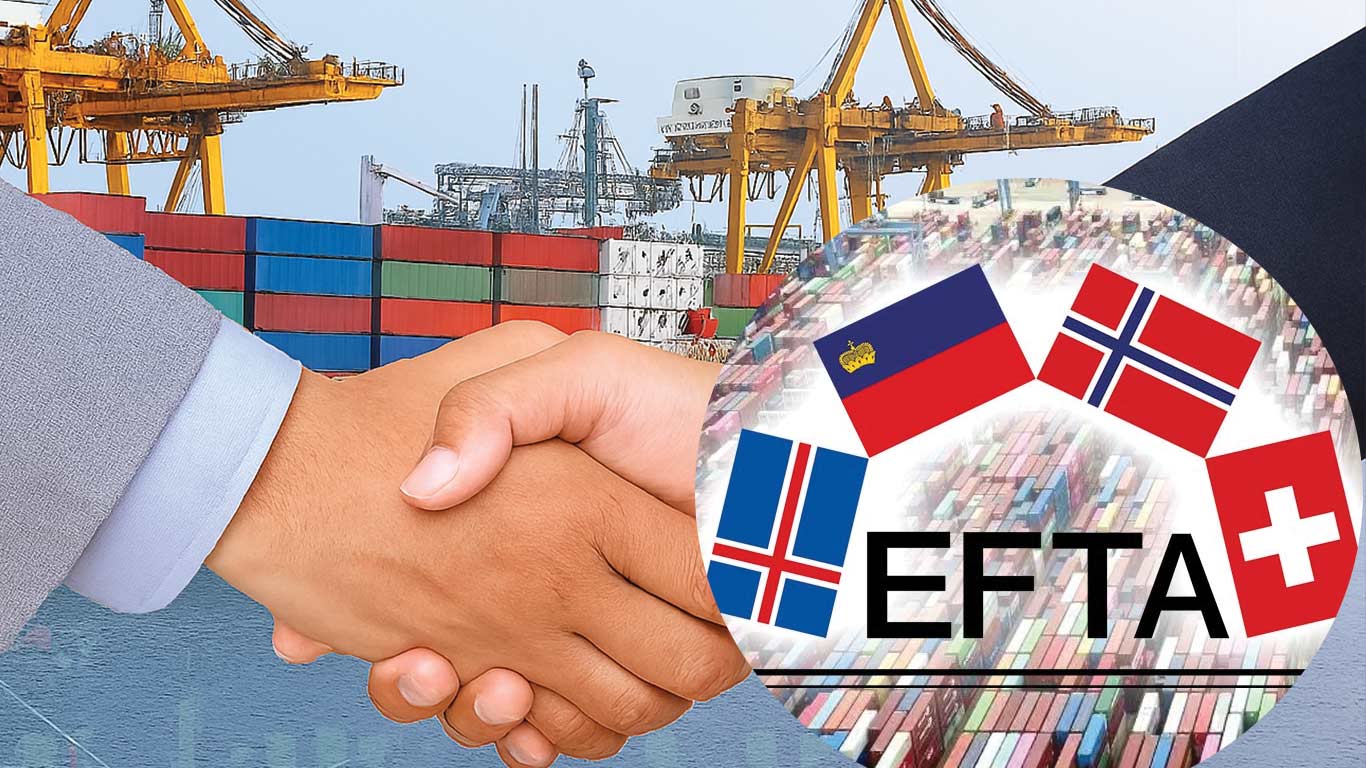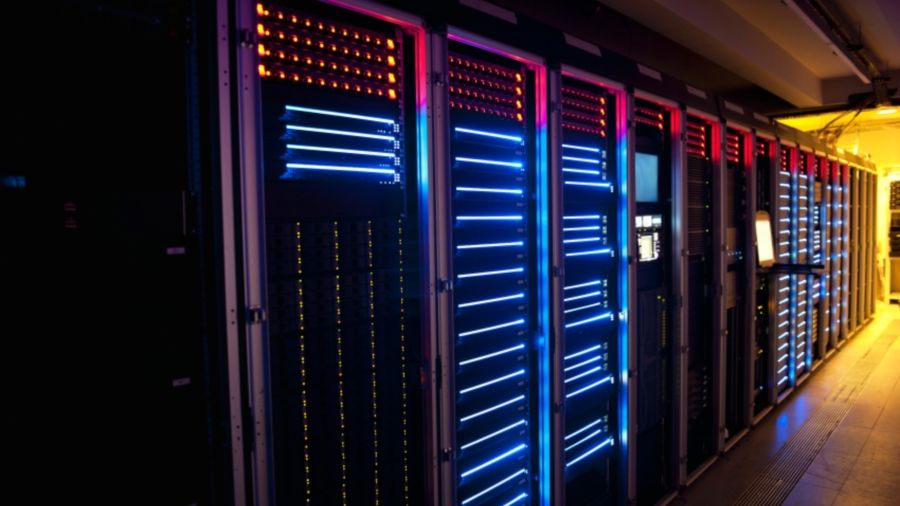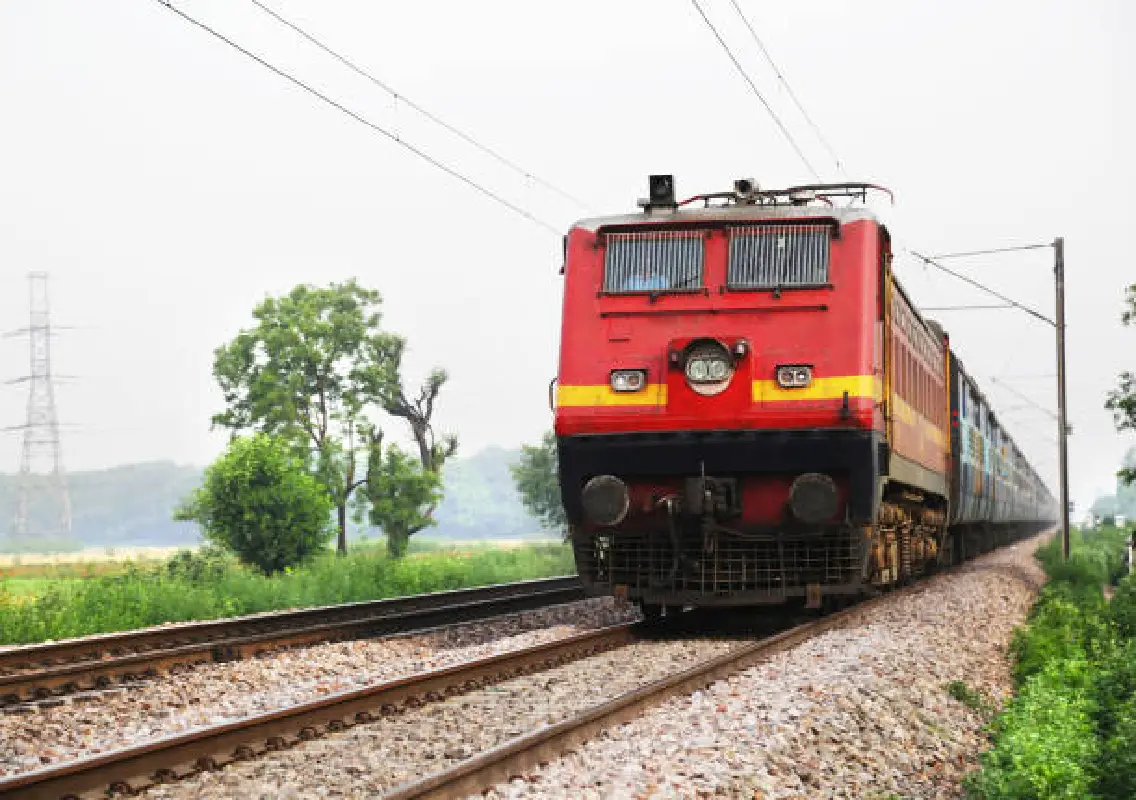
New Delhi, Sep 29 (KNN) India will formally operationalise its trade agreement with the European Free Trade Association (EFTA) on October 1, marking the country’s first trade pact with a European grouping.
A high-profile launch event is scheduled at Bharat Mandapam in New Delhi, with Commerce and Industry Minister Piyush Goyal, senior EFTA ministers, government officials, and industry representatives expected to attend, according to a Business Standard report.
The four-member bloc—Switzerland, Liechtenstein, Norway, and Iceland—had signed the Trade and Economic Partnership Agreement (TEPA) with India on March 10, 2024.
Its implementation was delayed due to procedural approvals within member countries. Officials said the launch is not merely ceremonial but also aimed at industry outreach to ensure stakeholders are well-positioned to leverage the agreement.
The TEPA is distinctive in India’s trade diplomacy as the first pact with a European bloc and the first to link market access commitments directly with investment pledges.
Under the agreement, India will eliminate tariffs on 80–85 percent of goods imported from EFTA countries, while Indian exporters will gain duty-free access to 99 percent of goods in EFTA markets.
Sensitive sectors such as agriculture and dairy have been excluded from tariff concessions to protect domestic producers.
Crucially, the EFTA bloc has committed to invest USD 50 billion in India over the first 10 years of the agreement and an additional USD 50 billion over the following five years.
The government estimates these investments could generate up to one million direct jobs over a 15-year period.
While EFTA countries already maintain low import tariffs, limiting immediate market access gains for India, the investment-linked framework is seen as a strategic model ensuring long-term benefits.
Among the bloc, Switzerland is India’s largest trading partner, accounting for nearly three-fourths of India’s USD 1.97 billion exports and 97 percent of its USD 22.44 billion imports from EFTA in FY25. The trade deficit stood at USD 120.47 billion.
Analysts view the pact as a breakthrough in India’s engagement with Europe, reflecting a shift from tariff-centric negotiations to agreements designed to attract investment, foster industrial growth, and boost employment.



